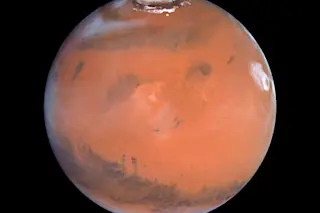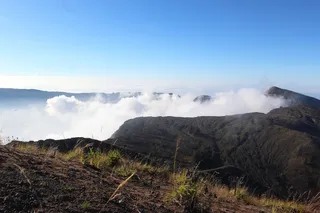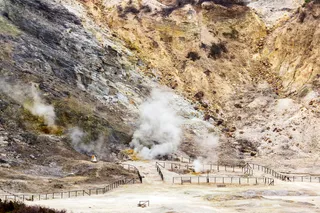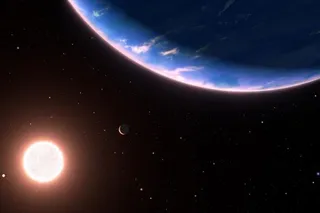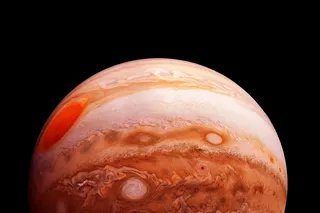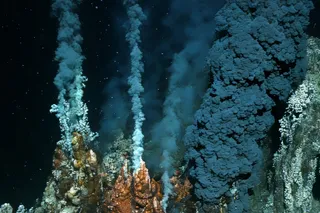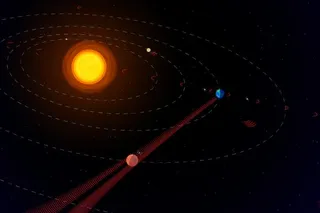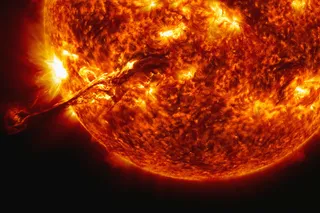At least once in its past, Earth existed as a roiling ball of molten rock that might have had the consistency of room-temperature oil, but would been untouchable at some 2,000 degrees Fahrenheit.
As magma oceans ebbed and flowed, the tumult might have launched elements conducive for life out of the rock and into our atmosphere. Researchers previously thought that maybe similar fluid dynamics — and the resulting spewing of life-supporting materials — likewise happened on Mars. But new research suggests that's not the case.
“We’ve had so little time to think about how a planet would evolve without a melting step, it’s hard to tell if this is a net positive or net negative for [the possibility of] life,” says Francis McCubbin, a NASA national materials coordinator and researcher who co-authored the new research.
By studying meteorites that came from Mars, McCubbin and his colleagues determined that the planet ...


